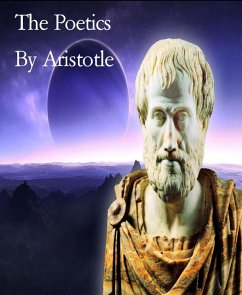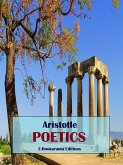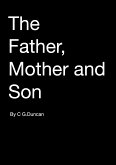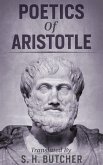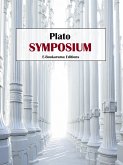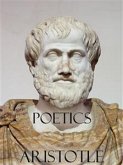Aristotle's Poetics is the earliest surviving work of dramatic theory and the first extant philosophical treatise to focus on literary theory. In it, Aristotle offers an account of what he calls "poetry" (a term which in Greek literally means "making" and in this context includes drama-comedy, tragedy, and the satyr play-as well as lyric poetry, epic poetry, and the dithyramb). He examines its "first principles" and identifies its genres and basic elements. His analysis of tragedy constitutes the core of the discussion. Tragedy consists of six parts which Aristotle enumerates in order of importance, beginning with the most essential and ending with the least: Aristotle considers Tragedy superior to Epics and considers them higher forms of art. Tragedy should make the viewer feel fear and pity. Tragedy arouses the emotions of pity and fear in order to purge away their excess, to reduce these passions to a healthy. Aristotle also talks about "pleasure" that is proper to tragedy, apparently meaning the aesthetic pleasure one gets from contemplating the pity and fear that are aroused through the play. Tragedy is rooted in the fundamental order of the universe; it creates a cause-and-effect chain that clearly reveals what may happen at any time or place because that is the way the world operates.
Dieser Download kann aus rechtlichen Gründen nur mit Rechnungsadresse in A, B, CY, D, DK, EW, E, FIN, F, GR, IRL, I, L, M, NL, P, S, SLO, SK ausgeliefert werden.

